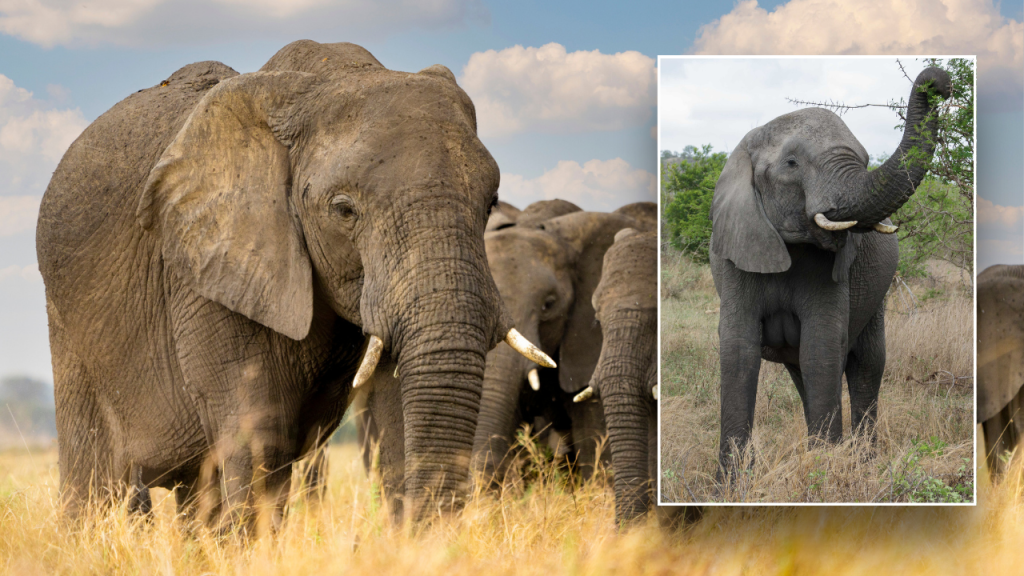A study published in the journal Nature Ecology and Evolution claims that African elephants communicate with each other using unique names in the form of low rumbling sounds that are audible over long distances. Researchers observed elephants in the wild to determine how they use these sounds to communicate and identify individuals within the herd. Using a machine learning model, the researchers found that the computer program could correctly identify which elephant was being addressed only 28% of the time. Despite this low accuracy, when elephants were played recordings of their unique names, they responded with behaviors such as flapping their ears and lifting their trunks, indicating recognition.
The study suggests that elephants, like humans, use names to communicate with each other and establish individual identities within the herd. This finding highlights the complex social structure and communication abilities of African elephants, shedding light on the intricate ways in which these animals interact with one another. While elephants are not the only species known to use names within their groups, such as dolphins and parrots, this research provides insight into the unique vocalizations and social dynamics of elephants.
Wildlife biologists have long understood that elephants are highly social animals that rely on communication to navigate their environments and maintain social bonds. The study’s co-authors believe that the discovery of elephants using unique names for each other “cracks open the door a bit to the elephant mind,” revealing new insights into their cognitive abilities and social interactions. Elephants are known for their complex communication systems, which include a wide range of vocalizations, body language, and tactile behaviors that facilitate interactions within their herds.
The research conducted by scientists from Cornell University and Colorado State University offers a glimpse into the rich and intricate social lives of African elephants, showcasing the importance of communication and recognition within their communities. By studying the ways in which elephants use unique names to address each other, researchers hope to better understand the cognitive capabilities of these intelligent animals and the role that vocalizations play in their social interactions. Further research is needed to expand upon these findings and explore the nuances of elephant communication in greater depth.
Overall, the study provides valuable insights into the communication and social dynamics of African elephants, highlighting the importance of vocalizations and individual recognition within their herds. By uncovering the ways in which elephants use unique names to address each other, researchers have gained a deeper understanding of the complex cognitive abilities and social behaviors of these remarkable animals. The findings contribute to our knowledge of elephant communication and shed light on the intricate ways in which these animals interact with one another in their natural habitats.













